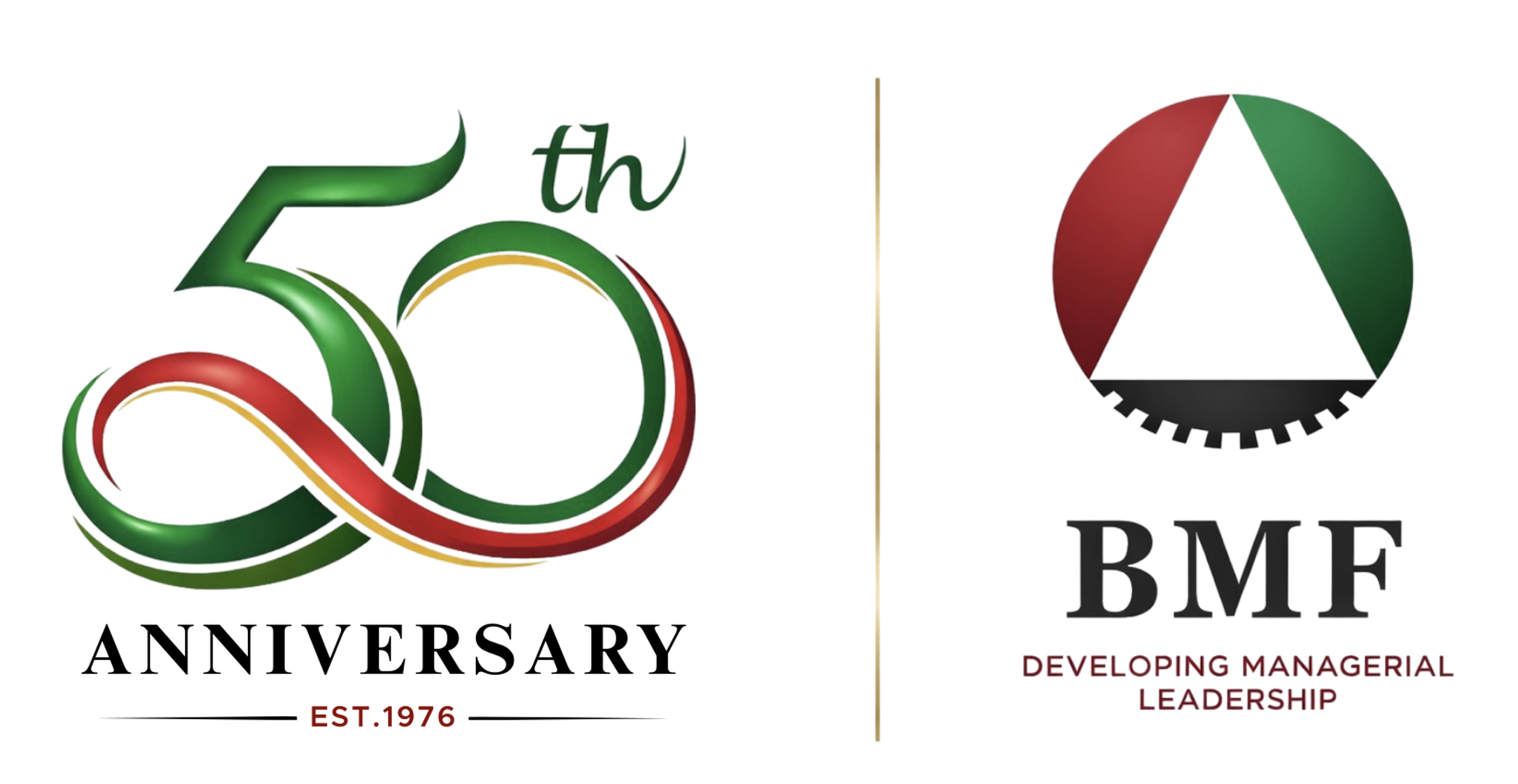Leveraging the Global Economy for Black Empowerment-G20 Outlook and Agenda

With South Africa set to lead the presidency of the G-20 forum, the country is geared up to serve as a key proponent for inclusive policies and an architect of new global governance traditions. This provides South Africa with the opportunity to drive meaningful transformation, particularly in the context of the Black Economic Empowerment and more inclusive economic developments towards sustainable development. This places South Africa in pole position to drive serious transformation from the grassroots up.
Understanding the G-20 Effects
Made up of 19 countries and the European Union which makes two -thirds of the world’s population, the G-20 contributes to about 85% of global GDP, 75% of international global-trade investment. The G20 initially focused on macroeconomic issues and financial regulations but has expanded its agenda to include social and environmental challenges. This shift reflects a broader understanding of global interdependencies. The G-20 indeed proposed a potentially inclusive, if not liberal, framework through which to set global agendas by bringing together the richest nations and emerging economies. The prospect of G-20-driven gains for the Global South where demands for international assistance to fight poverty, fragility, and catastrophes are greatest has always hinged on the leverage which rising economies could gain.
Strategic Opportunities for South African Black Businesses.
Policy Advocacy: G-20 discussions enable black businesses to advocate for policies of inclusion and economic empowerment. The South African government can be encouraged to support initiatives for addressing the specific challenges that black entrepreneurs face so that their voices are heard on a global platform. Capacity Strengthening: G-20 initiatives often invest much emphasis on skills and education. Training programs and workshops will greatly enhance the management practices and technological capabilities of Black businesses, therefore their competitiveness in the market.
Market Development: The black business owners will align with the G-20 initiatives in terms of trade facilitation and take away the feel of trends and standards within the global market. This will position black businesses advantageously in both domestic and international markets.
The major difficulties faced by emerging Black enterprises in the global south include socio-economic disparities, poor support services, and little access to capital. Given that these are structural hindrances which may stand in the way of growth and entrepreneurial success, the need for focused interventions is important as a means of bringing into being an environment that is inclusive, which can facilitate both opportunity and sustainability in the business landscape
As our country participates in the global economy, there is a need to ensure that the structures and policies meant for the empowerment of black entrepreneurs are very much operational.
Essential legislations like the Broad Based Black Economic Empowerment B-BBEE (Act 46 of 2013) and the Companies Act (Act 71 of 2008) must be used in a bid to promote equality in business participation. Sufficient framework adjustments should be made in order to ensure that procurement practices are favorable and initiatives such as the Black Business Supplier Development Programme (BBSDP) should be implemented in such a way that they improve access to capital.
Furthermore, engaging these policies under the G-20 will encourage global collaborations that will expose black entrepreneurs from the Global South to global networks, funding, and technology. Adequate mentoring and capacity building initiatives put in place will enable the black owned businesses in South Africa to compete in the international market. Lastly, these opportunities and more legislative backing, enable our country to build a just and inclusive economy that will achieve dual purpose of social economic development and meeting the economic objectives of our country.

About the Author
Olwethu Diladal is a Policy Research Committee Member of the Black Management Forum, a graduate from the University of Johannesburg in Public Management and Governance with Specialization in Public Human Resources and Public Policy.






Responses